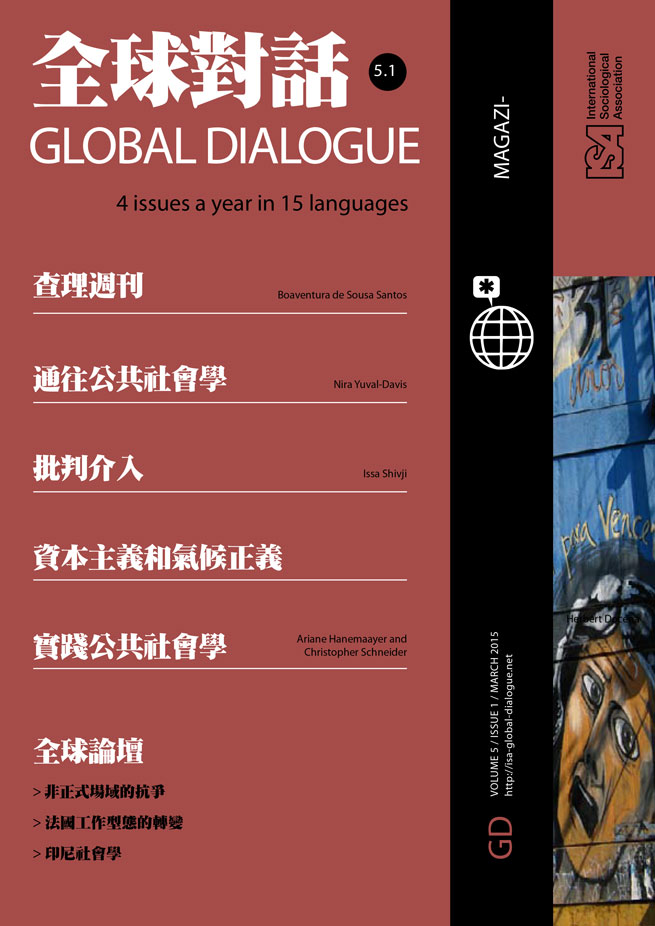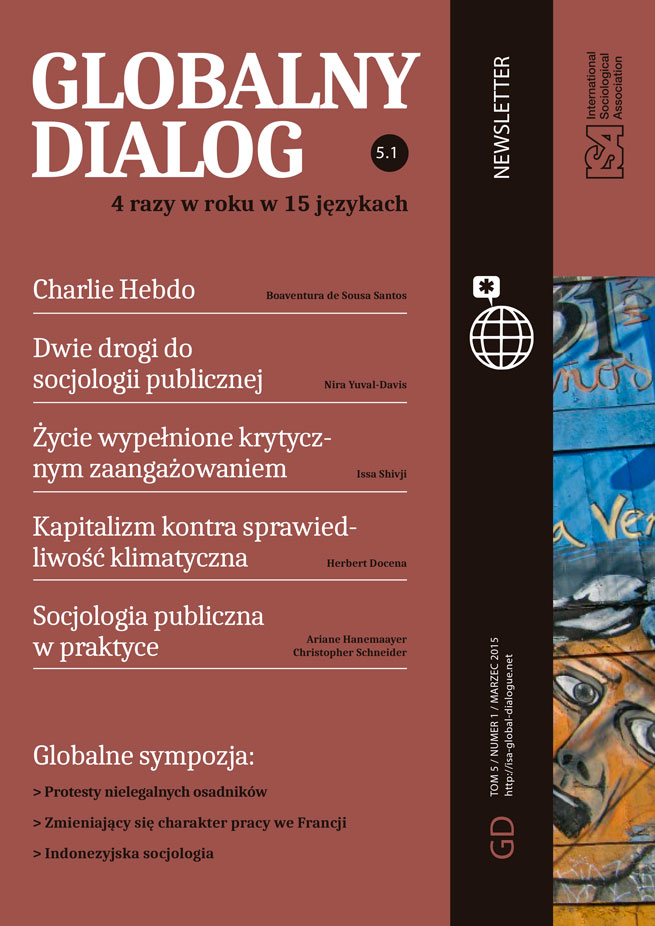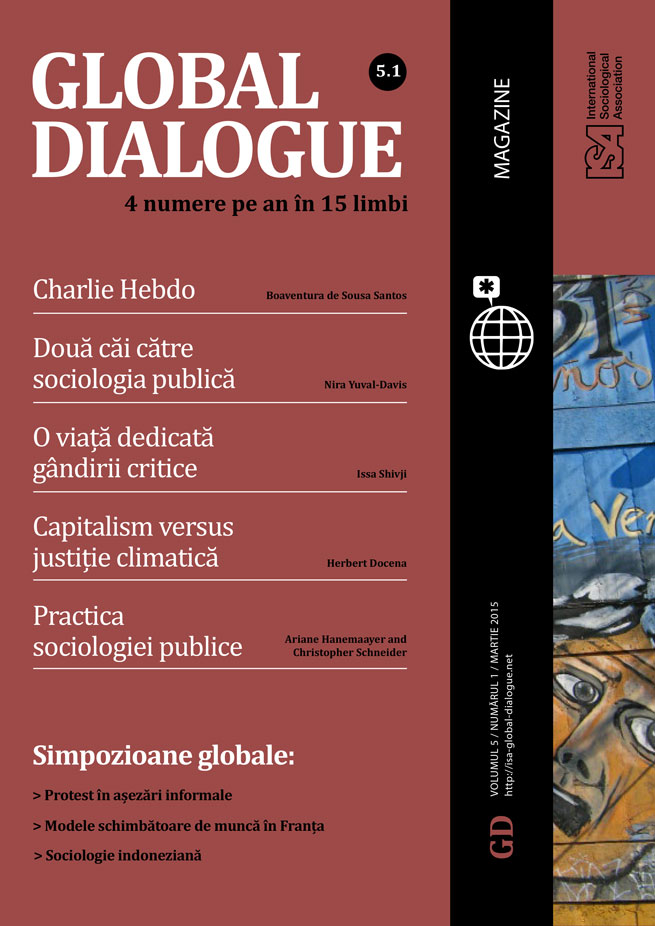Declining birth rates, decreasing employment rates among mothers, and the renunciation of motherhood are increasingly considered major risks, connected to the demography and levels of social welfare in “developed” countries. Although the financial and budgetary crises of the last few years affect all social contracts, they particularly threaten the dynamics of gender equality and worsen the conditions for a work-family balance.
Policymakers at all levels report growing awareness that women play a key role in shaping social cohesion. Women are recognized for their contribution to the labor market and domestic activities, a double involvement, which is particularly valued in difficult times, counterbalancing institutional deficiencies and disequilibrium while ensuring social and economic development.
A new global consensus recognizes that most people hope to take care of children and other dependent people, while still sustaining professional careers. They hope to sustain this double commitment without questioning the existing sexual division of labor and associated reproduction activities, which today, as always, assumes that women will take primary responsibility for domestic activities. Consequently, almost all countries now agree to help parents to meet these two objectives and to make work and family balance a major issue for individuals as much as for society.
At first glance, the public diagnoses appear sexually neutral: the point is to allow everyone to work for an income. In all countries where the welfare state is strong (as well as in all countries where these programs are under construction), we see unprecedented expansion of social policies aimed at reconciling work and family obligations – from reforms of tax and benefit systems, to improved management of child care systems, as well as encouragement of practices that aim at a better balance of professional and family life in terms of the organization of work.
Yet in all the countries in question, a shift is taking place in the implementation of policies. Despite the gender-neutral rhetoric, measures laid out in political agendas (or within companies) are losing their neutrality in practice. Parent and family leaves for everyone become privileged ways to support working mothers; reduced working time for all is diluted through an explosion of part-time work for women; the length of a birth leave that should include both parents is judged in terms of its impact on the well-being of women and children, etc. In other words, at their core, these policies target not men nor parents but women, as actual or potential mothers. In October 2014, for example, Facebook and Apple frankly admitted as much, offering female employees “grappling with the competition of men and a more and more competitive work market” the option to freeze their oocytes so that they can consider having children once their careers are consolidated.
In part, this pattern reflects resistance to changing family patterns – changes that take place despite measures to help working parents.
Moreover, maintaining mothers’ employment – when most mothers take on a “double shift” of work and family support – becomes a real political problem, provoking questions about whether requiring women to prioritize their “out-of-production” work is physically or psychically sustainable, and whether these practices transgress ideals of social justice.
The battle to reconcile professional and family life is still far from being won. We begin with general questions (how to help parents to balance work and family life), but we offer only partial solutions (expecting mothers to earn incomes without changing the sexual division of labor).
To move forward, mobilization must start from criticizing and reconstructing the organizational and institutional foundations of the wage-based societies of the 19th century and the welfare states of the 20th century. We must question established social arrangements and deconstruct the naturalness of practices that follow from these arrangements. We must question social contracts involving gender relations: the idea of a world centered on production, the assumption of an atomized figure of the producer supported by a care-giver, the model of a male breadwinner for the family, the androcentric pact of solidarity. We must deconstruct the social partition of productive and reproductive activities, and the gendered assignment of their completion.
If we take these propositions seriously, we could then begin to consider an alternative society, starting with new frames of reference that would no longer treat as secondary socially-useful activities outside employment. We could begin to transform the wage-based society into a “multi-active society.” Employment would be re-imagined relative to other activities judged worthy of support in terms of social investment, without any of these activities being either hegemonic or reserved for men or women. Inactivity or non-work would become uncommon and the work-family articulation would no longer be a burden resting primarily on women.
This transformation requires the progressive construction of a new regime of activities, where the status of being “active” would no longer be defined in terms of a restrictive notion of employment, but rather based on a more inclusive notion of work, embracing care work and civic labor. From this perspective, society would no longer focus on paid work and overlook non-market forms of work; instead, we would move towards a broad conception of work emphasizing and recognizing the usefulness of all activities contributing to the well-being and common good.
Bernard Fusulier, FNRS, University of Louvain, Belgium <bernard.fusulier@uclouvain.be>
Chantal Nicole-Drancourt, CNRS-LISE, Conservatoire national des arts et métiers, Paris, France <drancourtchantal@hotmail.com>

















